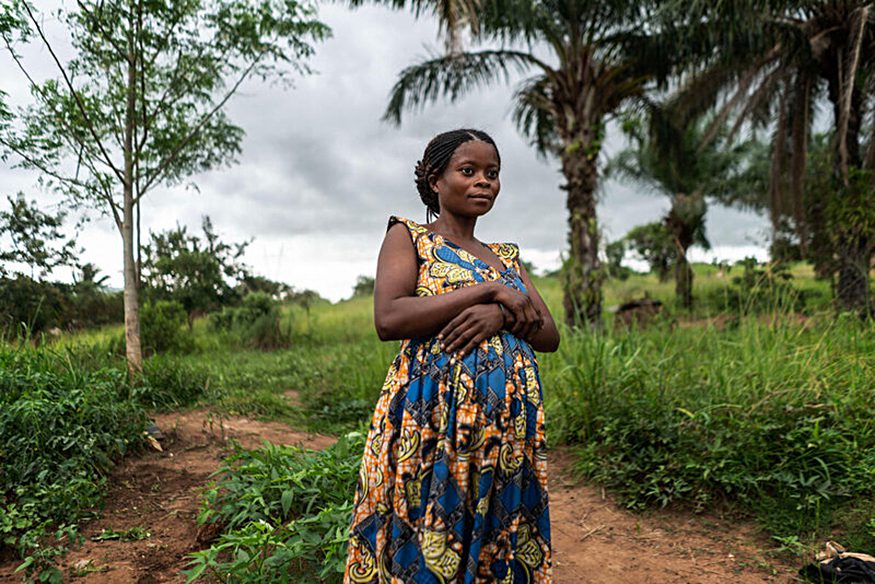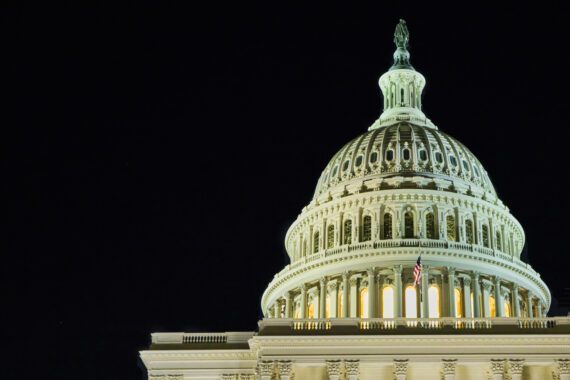The Current Situation:
About 26 million people in the Democratic Republic of the Congo (DRC) are highly food insecure, with 5.4 million among them on the verge of famine.
More people live with hunger in DRC than in any other country. It is a large percentage of the population as well—approaching one person in three. Earlier this year, when U.N. humanitarian agencies listed 20 global hunger hotspots, DRC was among the 10 most severely affected countries.
People who need emergency assistance are located in every province of DRC as well as in the capital city, Kinshasa. Women and children are most affected.
DRC has 5.7 million displaced people, 58 percent of whom are children.
Aristide Ongone, the U.N. Food and Agriculture Organization (FAO) representative in DRC, said that for many people, the food situation “remains desperate, with so many different obstacles. Insecurity, disease, devastation and lack of infrastructure, low access to quality inputs and finance, to name but a few—ganging up against their chances of being able to properly feed themselves and their families.”
The Humanitarian Response:
In 2021, the World Food Programme (WFP) reached 6.3 million people with emergency nutrition assistance. Only 39 percent of the U.N. humanitarian appeal was funded.
In 2022, WFP plans to provide food and nutrition support for about 8.6 million people, which will require about $1.88 billion.
Funding shortfalls frequently lead directly to less food for people living with hunger. For example, in Kasai Province, humanitarian officials distributed half of the normal rations of cereals and beans in February 2022 because there was not enough to go around. They were not able to distribute these rations at all in March due to lack of resources.
The Causes:
DRC has a turbulent modern history, with decades of war, fighting among armed factions, dictatorship, coups, mismanagement of natural resources, and corruption.
Violence and threats of violence prevent many people from working in their fields, so farmers cannot produce enough food. Multiple armed groups have displaced millions of people. According to the U.N. Office for the Coordination of Humanitarian Affairs (OCHA), they included 2.7 million people in 2021 alone.
Poor or nonexistent infrastructure, including roads, means that some people in need of humanitarian assistance live in areas that are inaccessible for part or most of the year.
People cannot afford to purchase the food that is available due to high prices and falling incomes.
The COVID-19 pandemic and measures taken to contain it have hit DRC hard, with millions of people in both the formal and informal economies losing their livelihoods.
The Context:
The Democratic Republic of the Congo (DRC), known as Zaire from 1971 to 1997, is one of Africa’s largest countries. Despite abundant natural resources such as gold and cobalt, DRC is among the world’s poorest and least developed countries. Complex interconnections among causes such as armed conflict, insecurity, dictatorship, corruption, violations of individual rights, and failure to invest in key sectors (health, education, agriculture) help to explain today’s DRC.
DRC is located in the middle of the continent with nine bordering countries and it has itself received millions of refugees from several countries and, at times, spillover violence from those countries. Several neighboring nations have armed conflicts that are ongoing or have ended only recently, including Uganda, Rwanda, and Burundi to the east, South Sudan to the northeast, and the Central African Republic to the north.
Bread for the World’s Connection to Hunger Hotspots:
Bread’s ongoing advocacy for robust humanitarian food and nutrition assistance is essential to an effective response to the hunger crisis in DRC. Bread for the World members are longtime faithful advocates for people in hunger emergencies. Bread urges Congress to allocate funds that save lives, prevent irreparable harm from early childhood malnutrition, and ease suffering. Bread members also champion U.S. development assistance, which helps prevent hunger emergencies by enabling and equipping people to build resilient communities.



